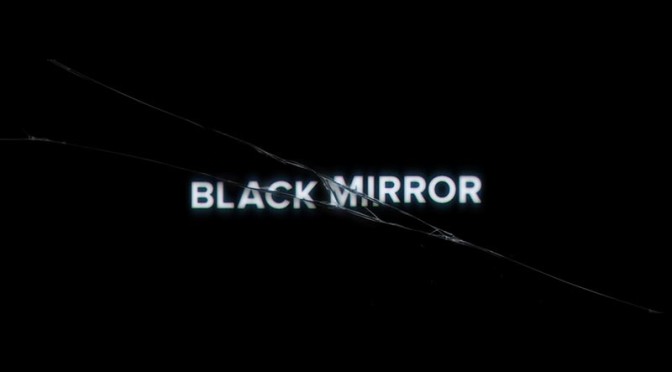You used to have to watch a television show on the night and at the time that it was broadcast and even then you might miss it. In its first season, Friends was on Thursdays at 9:30PM and it was so unpopular that my local NBC station would often preempt it with some local special. The Internet wasn’t yet primed to give me highlights or, at the very least, a recap on a blog somewhere.
Remember when Netflix used to send DVD’s in the mail? I had people over to my apartment last fall and a couple of people, seeing my red DVD envelope, said “hey, man, good for you” the way you might compliment someone’s vinyl collection. Netflix is now the primary instrument of binge watching.
My girlfriend and I have binged on Netflix’s crop of British shows. After The Bletchley Circle, Broadchurch, and even The Fall we would often play chicken with each other, seeing which one of us would say “okay, seriously, we should get off the couch” as the seconds on the Netflix clock counted down. We would usually just let the next episode start playing, resigning ourselves to sit, happily, for another episode. We’ve done it with all of our favorite shows.
Except Black Mirror.
After each episode of Black Mirror, we would usually sit in stunned silence and try to make sense of what we just watched. We would often watch an episode on a Sunday, then, on Monday, text each other that we were still feeling a little uneasy about yesterday’s episode.
“I can’t get that episode out of my mind.”
“Me either.”
[Here be spoilers. If you haven’t watched Black Mirror yet, I highly recommend it.]
Since each episode is its own unique story, it presents itself, initially, as a puzzle to be solved. What are the parameters of this particular universe? What is going on? The crux is revealed and it’s never pleasant.
The image of the Prime Minister walking down the hall to the pig in the first episode, The National Anthem, knowing that there was no way out, that he was going to have to go through with it, stuck with me for a few days. The guy Bing in 15 Million Merits stuck in his box of a room unable to not watch the porn projected on his walls featuring the girl he had a crush on did as well.
The White Bear episode was incredibly disorienting. Its imagery and plot were the starkest of anything in the series. The reveal that she was in a public shame prison, living that same ordeal day after day came in the last few minutes of the episode. It shocked me in a way only Se7en had done before. I’m filing that under great television that I never want to watch again.
Be Right Back and The Whole History of You did what good science fiction should. They showed us realities that just a little bit beyond the reach of our times but are the natural extension of how we live today. (Thought I think that both could be ripe for parody. I’d love to see the genius bar where you try to get your broken “grain” or your emulated life partner robot fixed.)
The Waldo Moment, like the movies Dave or Bullworth before it, features a character who is able to “tell truth to power” – this time in the form of a blue cartoon character – and finding success with the public embracing the honesty. The episode suffers from failing to convince me that the cartoon character would actually be popular in the first place. The episode then devolves into a dystopia at the end a little too quickly (during the credits to be exact) but at least it provided the necessary jolt of darkness that the show promises. The voice of the character is now homeless and destitute while getting beaten by 1984-eque police? Okay, we get it, Black Mirror.
I’m not familiar with Black Mirror’s creator Charlie Brooker’s other work but, from what I can glean from some cursory googling, it’s all similarly sardonic. Brooker may not have counted on an unintentional side effect of the show. Much like in 15 Million Merits where the genuine rage of the main character is incorporated into the all encompassing media machine as light entertainment, the irony of Black Mirror is that it’s so good it has us all running to our black mirrors to watch the show and then talk about it on social media. But at least the show, when it succeeds, manages to be so disturbing that I feel the need to turn off the TV.




